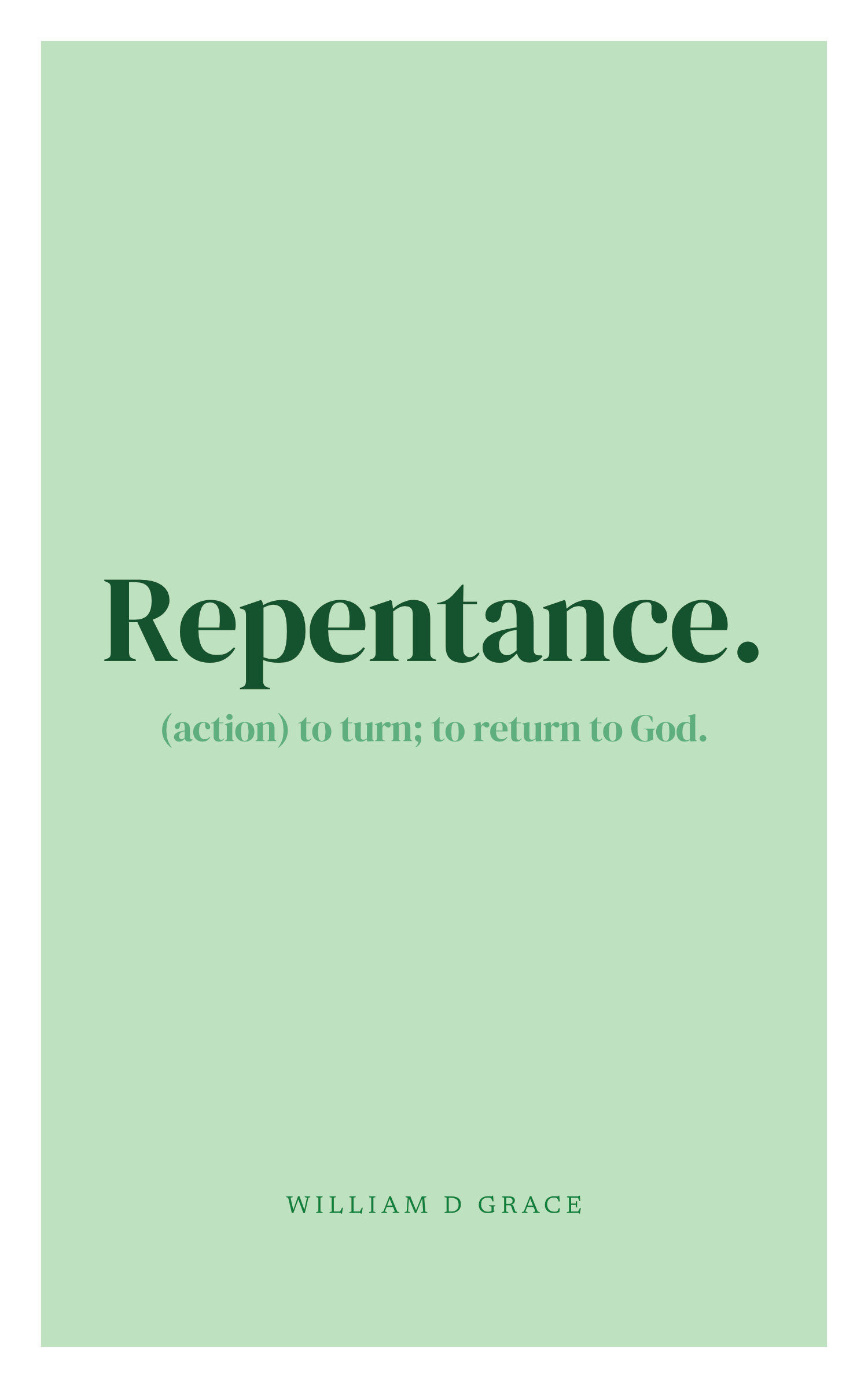There are a few words used here that may be foreign to some readers. These words are not commonly used in modern society and their meanings have perhaps been missed. A dictionary search may still be of some use, however these definitions are presented from a personal understanding and aim to offer greater clarity.
Sin
This is a word that is difficult to define simply. Sin encapsulates the very thing that led to our separation from God. The very condition that held us captive, the very power that Jesus defeated on our behalf. In the New Living Translation of the Bible, the word sin is introduced fairly early in the story:
“Why are you so angry?” the Lord asked Cain. "Why do you look so dejected? You will be accepted if you do what is right. But if you refuse to do what is right, then watch out! Sin is crouching at the door, eager to control you. But you must subdue it and be its master."
— God (Genesis chapter 4, verses 6 and 7)
Cain was the son of Adam and Eve, the first generation born after his parents had disobeyed God. They had begun life on the “outside” — banished from the garden of Eden, the sanctuary God initially created for their great benefit. God was speaking to Cain after he brought an unacceptable offering to God and this is the first mention of the word sin. We can learn a few things about it from God’s warning:
Sin is crouching at the door
It’s hiding at a point of entry into your life. That point of entry is opened when we refuse to do what is right.
Sin is eager to control you
It’s a cruel manipulator and it will always be looking to dominate and control you.
Sin needs to be subdued
It is relentless — once sin has been let in, it will not leave. You will constantly have to keep an eye on it, to stay a step ahead of it, to master over it.
In an effort to simplify such an elusive word, sin can largely be considered as wrong-doing, whether in thought or action. And most significantly, it is wrong-doing from God’s perspective. Sin is not only defined in wrong-doing, but also in the failure of right-doing — not doing what is right from God’s perspective — whether through deliberate decision or ignorance.
Many aspects of human thinking and actions can be considered sin. Even good things can become sinful and wrong when they are taken beyond God’s intention. There is literally no end to the opportunities available to sin. It is the corruption of good, the antithesis of right. And once it has started, it cannot be stopped. Death is the only way to halt the corruption of sin. Which is why Jesus willingly died for our sins, and why he did it on our behalf.
Idolatry
Idolatry is the practice of worshipping anything other than God. When we elevate anything to a place higher than God, in thought or action, we are in fact worshipping an idol. There is literally nothing more offensive to God than idolatry. He detests it completely! Idolatry is a highly pervasive practice among humans and it is found in every circle of human activity.
The Bible is full, literally FULL, of examples of idolatry, and God doesn’t hold back when calling it out. In ancient times, idols were actual figures made from wood, metal or stone. Lifeless carvings of animals or demons and propped up in homes or temples and worshipped as gods. In modern western civilisation, idolatry has been concealed in more socially acceptable forms, such as our possessions, fashion, the arts, music, movies just to name a few.
Let me say from personal experience, idolatry is even evident among believers. Some Christians idolise the church — their involvements, traditions and religion have become the primary thing. In many modern churches, the style and quality of the music and worship itself has become an idol that is worshipped every Sunday.
All forms of idolatry are unacceptable in God’s eyes. We need to make sure the things we have, don’t have us. If anything or anyone has our heart or our attention or our love, above the place of God himself, we need to make a change. Perhaps we need to get rid of some things, or rethink how we relate to certain people.
Carnality
The word carnal is best defined as human or fleshly, material or worldly — not spiritual. An unrepentant person would be considered carnal, living only for themselves and the things of this world, not considering God or flat-out refusing him.
For a Christian to be described as carnal, it typically means we are not fully living in the ways of God. We are still living with one foot firmly planted in the world and one in the kingdom of God, trying to straddle between the two. This is an awkward posture which God hates and ultimately ends in our own demise as the two kingdoms move further and further apart.
Carnality is dissolved by living by the Holy Spirit. The more we allow the Holy Spirit to guide our lives, the more we will let go of the things this world has to offer. Trying to do this without the Holy Spirit is very difficult — ultimately, impossible. We need the strength that the Holy Spirit gives to live beyond the enticements of this world. With his essential help, we can leave this world behind and fully enter the Kingdom of God here and now.
